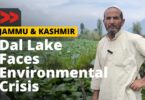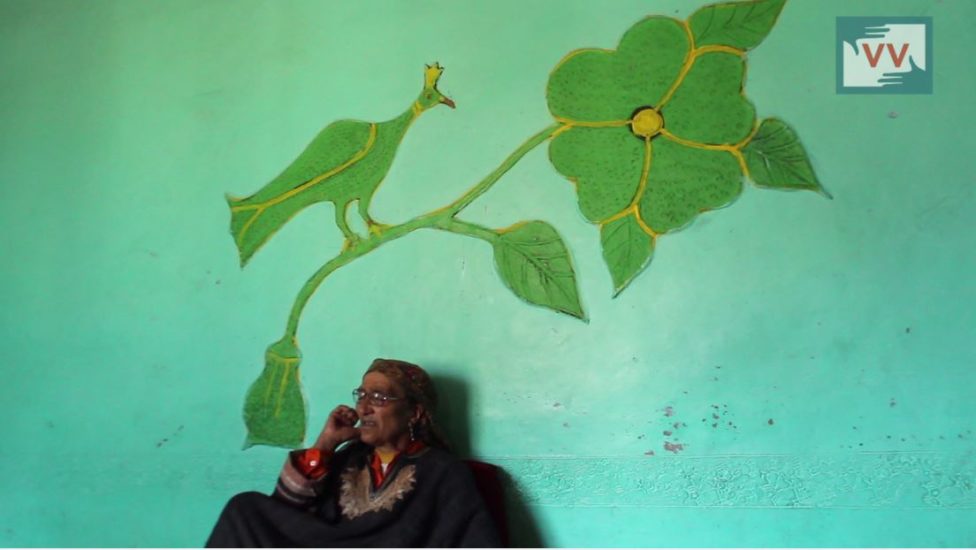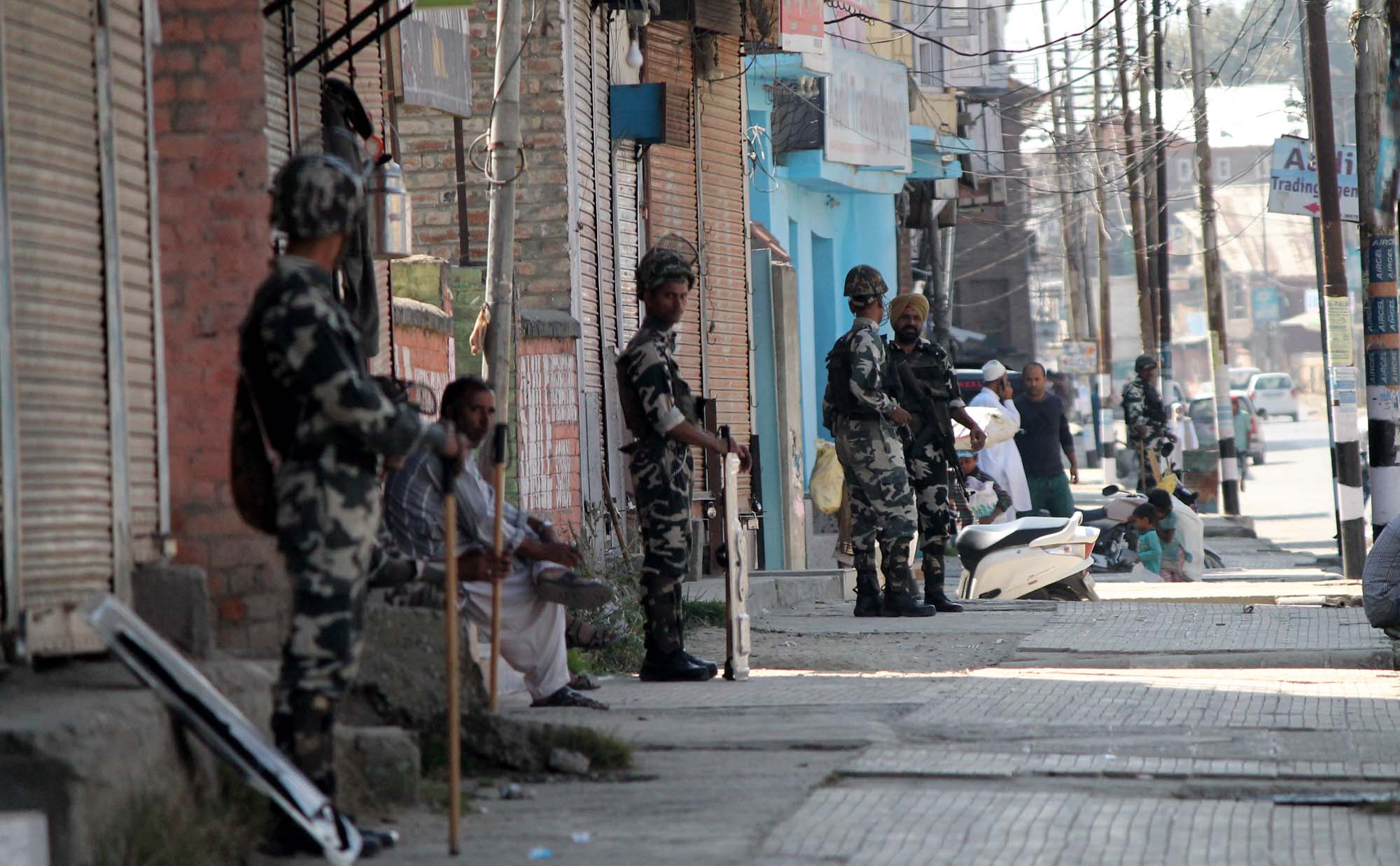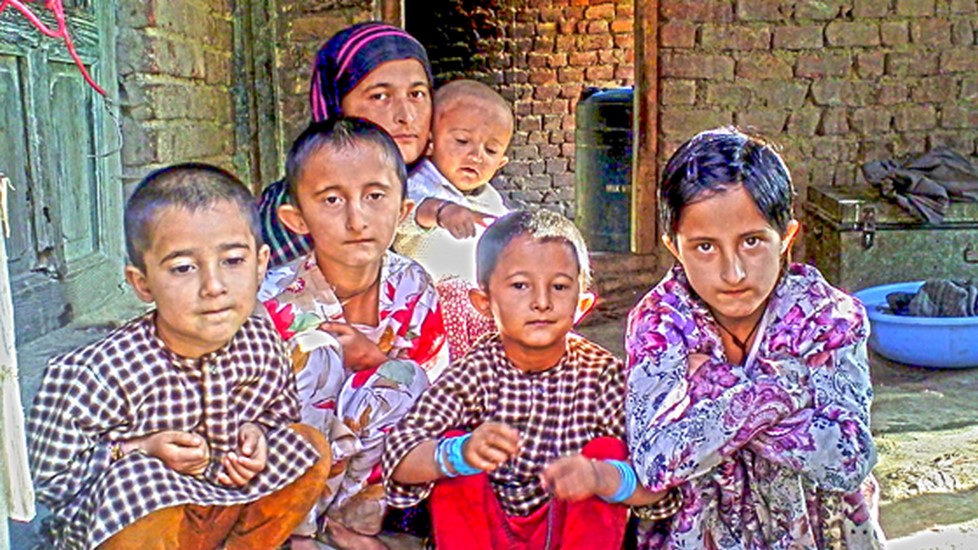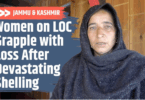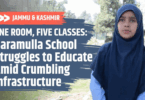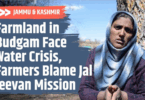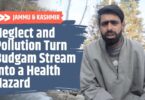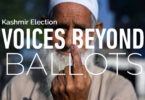Mental health professionals in Kashmir have been warning about a phenomenal increase in mental health issues among its youngest population. In the past 30 years of conflict the children have often been exposed to traumatic situations and violence. One of the recent examples is the 3-year-old child whose grandfather was killed in front of him during a firing incident in Sopore.
According to a survey conducted by Medicine Sans Frontiers, (MSF) in 2015, nearly 1.8 million adults (45% of the adult population) in the Kashmir Valley show symptoms of significant mental distress. This is compounded by the stigma associated with mental illness. The ongoing political crisis, regular shutdowns and lockdowns contribute to a very large extent to the increasing number of mental health cases in Kashmir valley according to many researchers and mental health professionals.
A report published by the Hindu, quoted Dr. Karrar, a paediatric neuropsychiatrist at The Institute of Mental Health and Neurosciences-Kashmir (IMHANS-K) say that, “Early childhood (0-6 years) traumatic experiences have immense impact on psychological well-being. They have more potential to impact the development of brain structures,”
From 200 cases, 65-70% of the affected children were from south Kashmir and around 80% belonged to pre-adolescence and early adolescence age groups.
I tried to commit suicide nine times, and one of the attempts led me to coma. I was suffering from anxiety, depression, PTSD and panic attacks and I had no clue about what mental health is, says Zoyi one of the survivors and now a mental health counsellor.
Kulsoom, mother of a specially abled child says, “I have a child who was normal till 10 years of his age, and after sometime I witnessed regression in him and I took him for treatment but nothing could be diaganosed and he would often sleep and cry. Later I got to know that he had autism.”
The mental health crisis has not hit a particular age group in Kashmir over the years of conflict, rather it is affecting everyone irrespective of their age, gender and economic status, and children remain most vulnerable to it.
I believe mothers are the best counsellors to their children. Later I opened, exceptional minds a mental health clinic where we provide counselling to young children, says Kulsoom.
According to the World Health Organisation, one in four people in the world will be affected by mental or neurological disorders at some point in their lives. Around 450 million people currently suffer from such conditions, placing mental disorders among the leading causes of ill-health and disability worldwide. In Kashmir years strife left generations traumatized and now coronavirus adds the miseries of people. Due to these duo lockdowns, there seems phenomenal increase in mental health problems in Kashmir. Mental health disorder leads towards destruction and conflict in society as well as in family-like institutions. There are various reasons whereby mental health disorder took place. There are survivors who cope with such circumstances and paved the way for others to meet the challenges in a proper manner.
“There is a stigma associated with mental health in our society, we consider it something very small. But people dont realise that it is worse than physical ailments”, says Laila Qureshi, a Kashmir based Child Psychologist and counsellor.
Children in Kashmir, do not get a lot of time to do physical activities, go and play under continuous lockdown and conflict which leads to different mental health issues. Witnessing everyday violence, firing incidents, killings, and presence of military triggers many issues among the young generation of Kashmir.
After the abrogation of Article 370 on 5 August, 2019, the schools were shut and Kashmir was brought under total lockdown. The ongoing COVID19 Pandemic has added to the woes of population.

